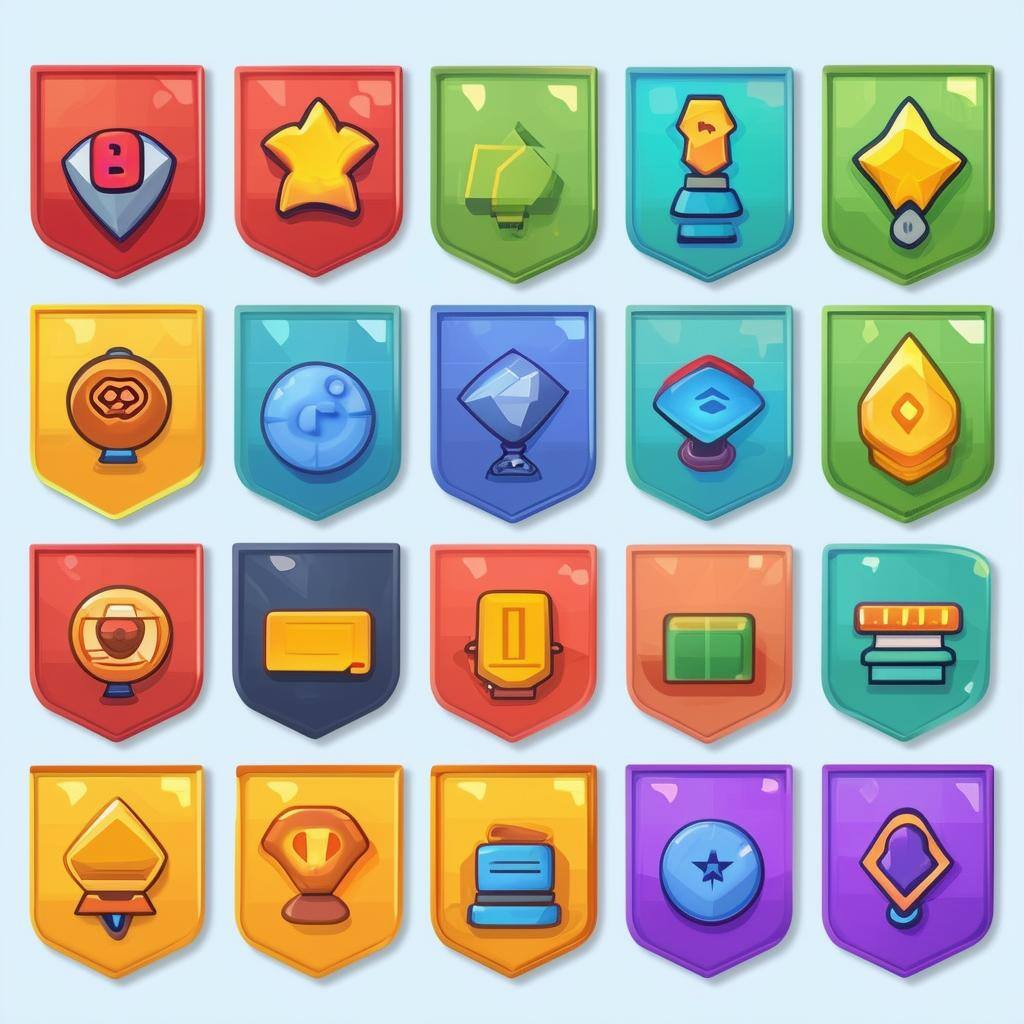As our understanding of nuanced student experiences grows, it's essential to find innovative ways to include neurodiverse students and other students with learning differences. One way to do this is through gamified tech platforms that increase students' motivation, social engagement, and confidence.
Shifting traditional learning experiences into interactive, game-like challenges strengthens accessibility and creates inclusive environments that cater to diverse learning styles.
Small, Achievable Goals
One way that we designed our gamified platform at Suitable to support diverse learners is by offering clear, achievable goals on the way to earning badges and completing tasks.
This is geared toward neurodiverse students, as a sense of structure (e.g. step-by-step instructions) remove roadblocks that can overwhelm executive function difficulties.
Students can visually track their progress by breaking down larger tasks into bite-sized milestones.
Each milestone provides a sense of accomplishment and motivates students to continue toward their goals. This step-by-step approach is particularly beneficial for neurodivergent learners, who may find larger, unstructured tasks overwhelming.
Instead of feeling stuck on finding the next step, the gamified platform at Suitable gives students a clear pathway to achieving goals.
Reducing Feelings of Isolation
Gamification creates a new space for community among students, particularly those with social challenges. Where traditional classroom settings can feel isolating, especially for those who struggle to connect in conventional social settings, a tech platform offers a lower-stakes way to interact before a student opts for in-person socialization.
By introducing collaborative challenges or team-based competitions, students can connect with peers in a new way. Our platform allows students to earn badges in groups, whether by dorm, club, or other metrics, allowing those less socially comfortable students to contribute and feel a sense of belonging in a way that is accessible to them. We noticed that when we did this, engagement skyrocketed. It enabled Suitable to cater to a whole new type of learner.
Bolstering Confidence
Incorporating challenges, progress reports, and reminders into the gamified experience can significantly enhance students' organizational skills and self-confidence.
Regular, real-time feedback allows students to understand their strengths and areas for improvement at any moment in time, helping to reduce anxiety related to performance. For those with Rejection Sensitivity Dysphoria (RSD)², where the fear of criticism can hinder participation, receiving constructive feedback in a supportive environment can alleviate confusion and encourage risk-taking in their learning process.
The Power of Small Wins
Achieving small goals plays a crucial role in improving students' mental health and overall motivation. Each accomplishment, no matter how small, serves as a reminder of capability— and actually boosts dopamine, so that students have the tenacity to keep going.
This incremental success helps students build resilience and fosters a positive mindset towards learning. Our gamified elements tap into psychology by offering badges or rewards for completed tasks and activities, reinforcing the notion that every step counts towards a larger achievement.
Studies show that for students with ADHD or autism specifically, step-by-step instructions are crucial to some students’ learning processes and individualized needs. This increased support can be helpful for all students but is tailored for neurodivergence inclusivity.¹

An Inclusive Future for Learning
It is imperative to design initiatives that are accessible to all learners. By creating a gamified, all-in-one platform that emphasizes small achievements, fosters connections, and provides consistent feedback, educators can significantly boost student engagement and motivation – which are associated with higher rates of student retention and more successful post-graduate outcomes.
The future of learning is not just about academic success. We must continue to find innovative ways to create supportive, interactive experiences that empower all learners to excel inside and outside the classroom.
Goulet, J. (2022a, December 15). Stop asking neurodivergent people to change the way they communicate. Harvard Business Review. https://hbr.org/2022/10/stop-asking-neurodivergent-people-to-change-the-way-they-communicate
Rejection sensitive dysphoria (RSD): Symptoms & treatment. Cleveland Clinic. (2024, May 1). https://my.clevelandclinic.org/health/diseases/24099-rejection-sensitive-dysphoria-rsd


